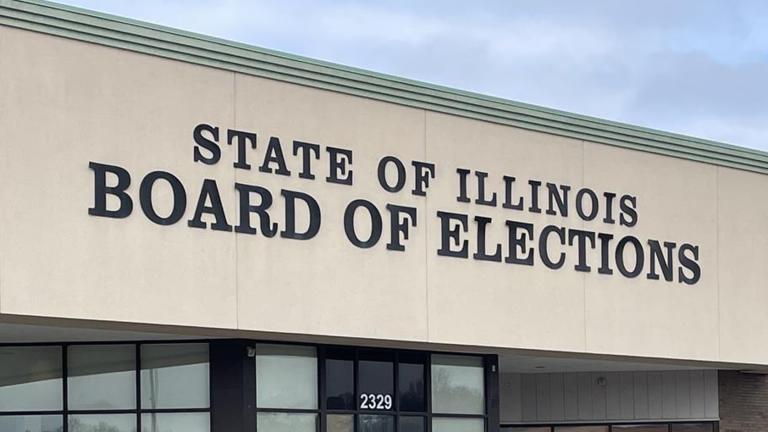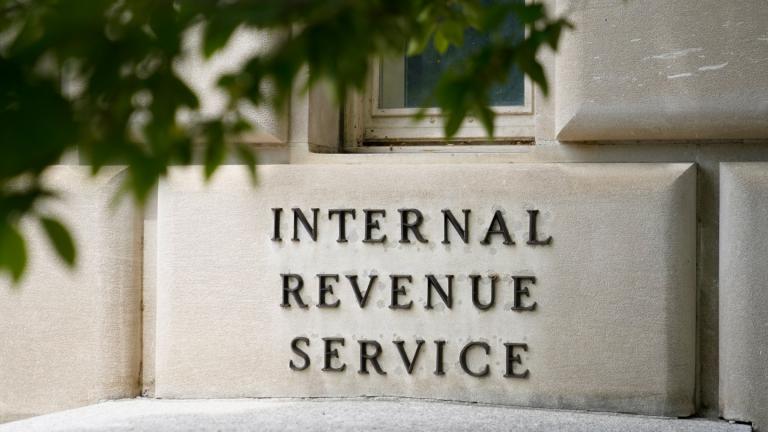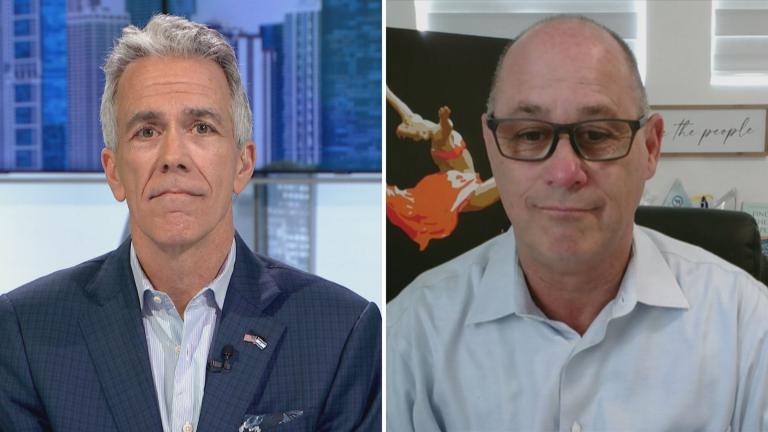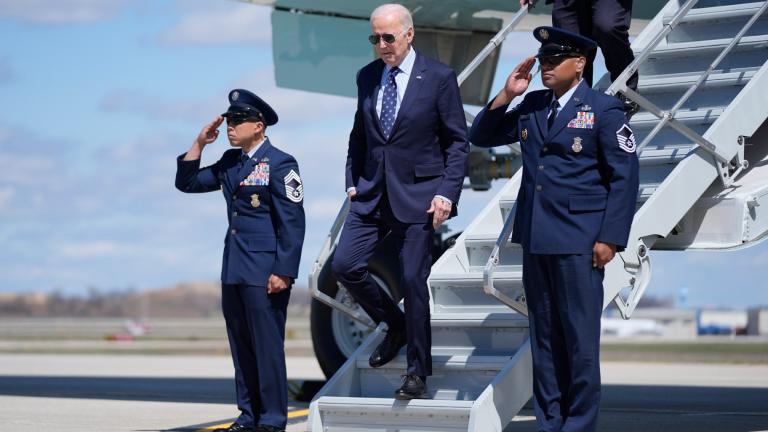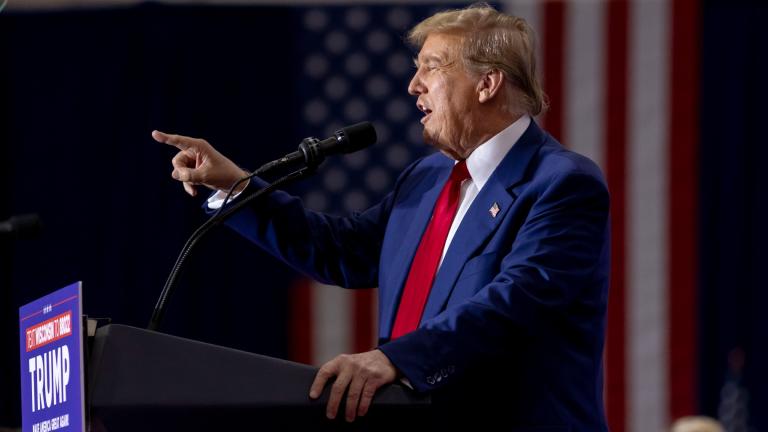A legal challenge from five voters has made Illinois the 18th state forced to grapple with whether former President Donald Trump should be disqualified from the 2024 ballot.
As in other lawsuits across the country, the Illinois voters cite Section 3 of the 14th Amendment, which prohibits insurrectionists from holding public office.
The voters are being represented by the nonprofit Free Speech For People, which has spearheaded efforts to block Trump from ballots in other states.
Justin Tresnowski, partner with Hughes Socol Piers Resnick & Dym, is one of the attorneys representing the voters. He sat down with WTTW News to discuss legal efforts to block Trump’s candidacy.
WTTW News: How did your firm become involved with representing these five plaintiffs?
Tresnowski: These five plaintiffs are a diverse group of voters from across the state who might differ in political views and partisan affiliation but who share a belief in the fundamental importance of enforcing Section 3 of the 14th Amendment. As a firm with a long history of litigating to protect fundamental constitutional and statutory rights, we are a natural fit to represent these voters, along with our co-counsel at Free Speech for People, which has significant legal expertise in litigation seeking to uphold Section 3 of the Fourteenth Amendment.
What’s your main legal argument for why Trump should not be on the ballot?
Our argument is a simple one. In his nominating papers, Trump swore that he was “qualified” for the office of president, as is required to be on the ballot in Illinois. It is the mandatory role of the Illinois State Board of Elections to evaluate objections as to whether a candidate who claims to be qualified actually meets the qualifications for the office they seek. Trump does not. Because there is no question that he engaged in the insurrection of January 6, 2021, he is ineligible for the office of the president under Section 3 of the 14th Amendment. His certification that he is qualified for that office is therefore false, and his nominating papers are invalid.
You think the Illinois State Board of Elections has authority over this matter?
Yes. The Illinois Supreme Court has made clear that the Illinois State Board of Elections must consider and rule on objections regarding the constitutional qualifications of a candidate. The Board has done so in the past, making determinations about, for example, whether a presidential candidate is qualified under U.S. Constitution’s age requirement or its natural born citizen requirement. Section 3 of the 14th Amendment is another constitutional qualification that the Board is required to consider under binding precedent of the Illinois Supreme Court.
Are you concerned about the potential chaos Trump’s removal could bring to Illinois’ March primary?
Our concern, rather, is the inevitable chaos that would result if Trump — a candidate who refused to accept the results of the last election he participated in — were to remain on the ballot. We are interested in resolving the plaintiffs’ objection quickly to resolve the issue of Trump’s ineligibility by the time Illinois voters go to the polls in March.

